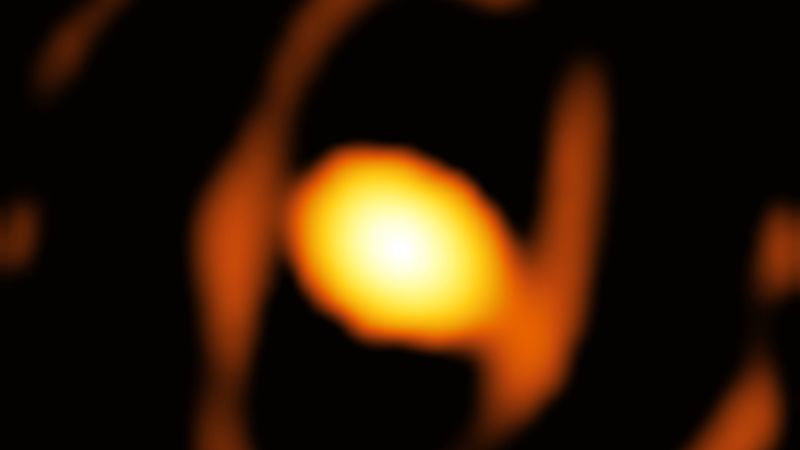
Space Debris Detection
Space debris detection is the process of identifying and tracking man-made objects in Earth's orbit that are no longer in use or have been discarded. These objects can range in size from small screws and bolts to entire satellites and rocket stages. The detection of space debris is important for the safety of spacecraft and astronauts, as collisions with debris can cause significant damage. Detection is typically done using ground-based radar and optical telescopes, as well as on-board sensors on spacecraft. Once detected, the trajectory of the debris can be calculated and used to predict potential collisions with other objects in orbit. This information is then used to maneuver spacecraft out of harm's way.
Your Previous Searches
Random Picks
- Forces And Torques: Forces and torques are fundamental concepts in space and astronautical engineering. A force is a push or pull that can cause an object to accelerate or change direction. In space, forces can come from a variety of sources, including gravity ... Read More >>
- Attitude Dynamics: In the context of aerospace engineering, Attitude Dynamics refers to the study of the orientation of a spacecraft in space and how this orientation changes over time due to the application of external torques. These torques can be caused by ... Read More >>
- Geothermal Technology: Geothermal technology is the use of the Earth's internal heat to generate electricity or provide heating and cooling for buildings. This is achieved by drilling deep wells into the Earth's crust to access hot water and steam, which can be u ... Read More >>
Top News

First close-up image of a star beyond our galaxy may reveal impending supernova...
Astronomers have taken the first close-up image of a star beyond our galaxy, and it’s a “monster star” surrounded by a cocoon as it slowly dies....
News Source: CNN on 2024-11-21

Bestselling author explains the science of happiness: "You can do the work"...
Bestselling author and Harvard professor Arthur Brooks opens up about how enjoyment, satisfaction and meaning in life can increase a person's wellbeing....
News Source: CBS News on 2024-11-18

November's full moon, known as the Beaver Moon, is the last supermoon of 2024. H...
November's full moon, known as the Beaver Moon, is the last supermoon of 2024. Here's when it peaks and why it's called the Beaver Moon....
News Source: CBS News on 2024-11-15

You can't put a price on the sense of awe particle physics inspires...
Astronomy and particle physics are no longer seen as vital by the US establishment, so funding has fallen. But our work creates a sense of wonder, and wonder matters, says Chanda Prescod-Weinstein...
News Source: New Scientist on 2024-11-13

If you want to stretch your gift game into days this holiday, check out these ad...
The advent calendar phenomenon is growing every year, with so many exciting, fun, beautiful, and delicious options available...
News Source: ABC News on 2024-11-04